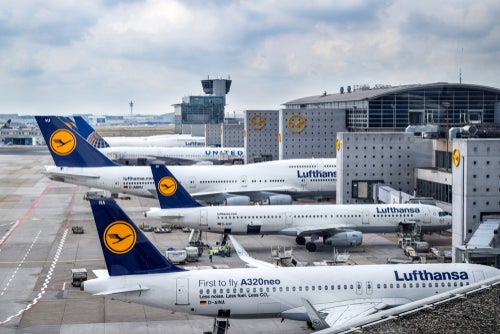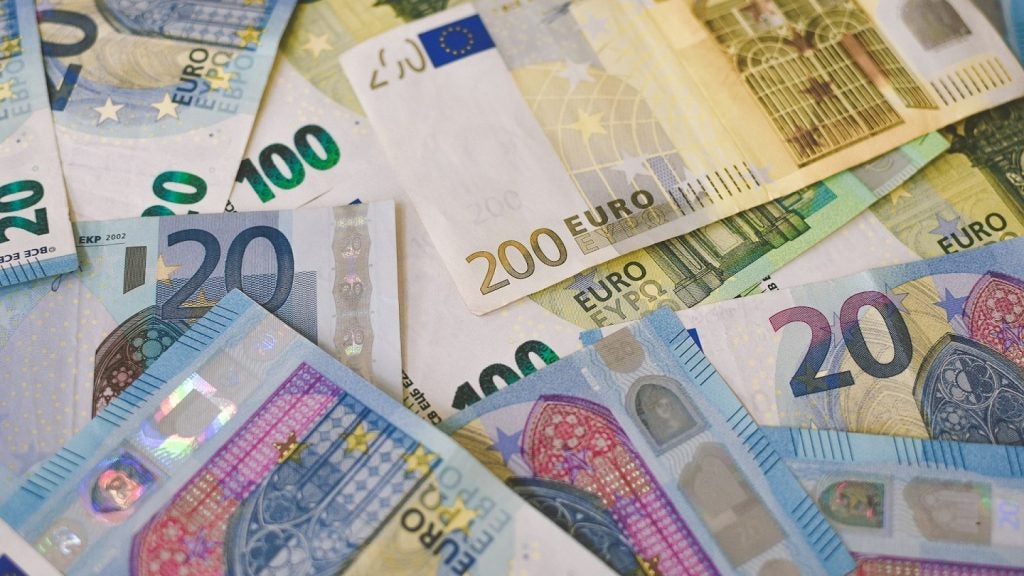Lufthansa Group recently announced that it was unable to predict how much its profit would fall this year after confirming a 95% reduction in its capacity to operate flights in the wake of the coronavirus outbreak.
The company said it would adopt several cost-controlling policies, including using aircraft financing as a means to provide further liquidity to see it through the crisis.
Carsten Spohr, chief executive of Lufthansa. said: “At present, no one can foresee the consequences. We have to counter this extraordinary situation with drastic and sometimes painful measures.”
John Vandesquille, an analyst in travel & tourism for GlobalData, writes that Lufthansa AG is set to radically transform its operations amidst COVID-19 fears.
-O-
The German airline, which was sixth in the world in terms of passengers carried in 2018 with 154.5 million seats sold, announced an in-depth restructuring on 7 April.
How well do you really know your competitors?
Access the most comprehensive Company Profiles on the market, powered by GlobalData. Save hours of research. Gain competitive edge.

Thank you!
Your download email will arrive shortly
Not ready to buy yet? Download a free sample
We are confident about the unique quality of our Company Profiles. However, we want you to make the most beneficial decision for your business, so we offer a free sample that you can download by submitting the below form
By GlobalDataThis response indicates that the company is wagering on a very slow recovery for air travel following the Covid-19 pandemic, which significantly reduced the number of passengers during the first few months of 2020.
There is no denying that the situation for Lufthansa, like for many other carriers, is complicated, but its reaction is much more drastic than its competitors and one can wonder if this is the right solution for the long term.
A group-wide downsizing
The airline decided to part with 42 of the least economical and oldest aircrafts in its fleet, out of 763. The downsizing affects Lufthansa, but also its subsidiaries Brussels Airlines, Swiss and Austrian Airlines, which will face a reduction of their activities.
Its low-cost brand, Eurowings, will reduce its long-haul schedule and will absorb the majority of the operations of its other low-cost company, Germanwings, which will close. This move makes sense given this brand has not, de facto, existed since 2015.
This restructuring of the whole group will certainly incite fear amongst the 87,000 of its 135,000 employees who have already seen their working hours reduced as a result of the drop in demand.
A risky bet against the current
The decisions taken by the airline make sense if you consider the German flag carrier does not anticipate a return to normality before 2024 or 2025. However, this does go against forecasts by the sector’s trade association, the International Air Transport Association (IATA), which has projected a recovery as early as next year.
Indeed, it will now take three months from the containment of Covid-19 for Lufthansa to fly at 25 to 75 per cent of its normal capacity, at best, based on containment from September.
In the meantime, several European airlines, such as Ryanair and Air France, are aiming to resume their operations from as early as May.
Lufthansa’s downsizing seems to be a risky gamble, particularly considering the multibillion-dollar support already promised by the German government (potentially in the form of a partial nationalisation) that should guarantee the airline’s survival.









